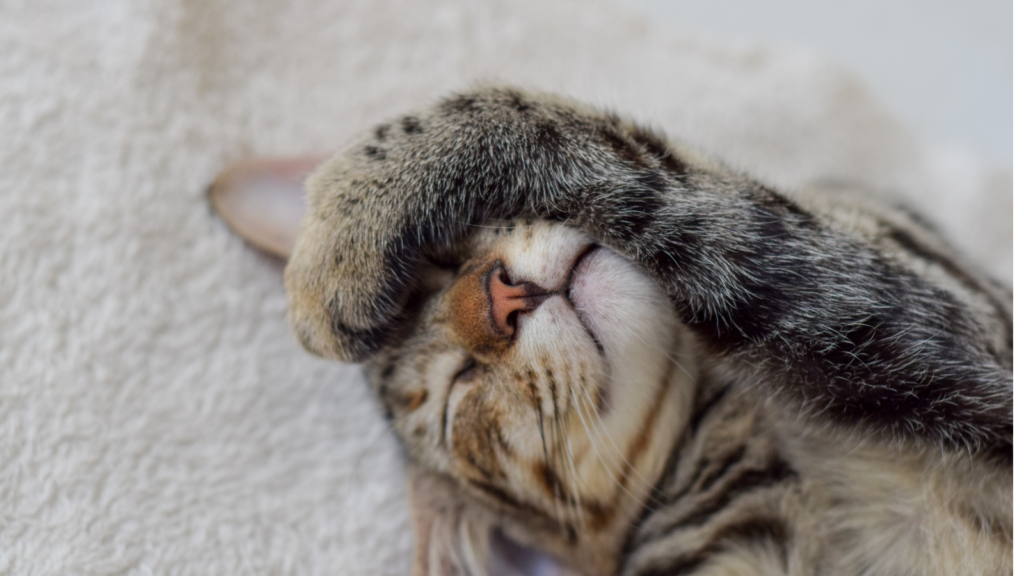When your cat isn’t acting quite right, the litter box is one of the first places you might notice a change. Urinary issues in cats are more common than many pet parents realize, and they can quickly turn serious if ignored. The signs of feline urinary conditions can be subtle, but it is important to catch them early. Symptoms of urinary issues in cats require prompt attention from a veterinarian like Heritage Animal Clinic.
Signs Your Cat May Have a Urinary Problem
Your cat’s urinary system regulates hydration, electrolyte balance, and overall internal health. When this system is disrupted by infection, inflammation, or a blockage, your cat can experience serious discomfort or even a medical emergency. As a cat owner, you will want to be on the lookout for symptoms like:
- Frequent or prolonged trips to the litter box
- Straining to urinate or crying while urinating
- Urinating in unusual places (carpet, sink, bathtub)
- Blood in the urine
- Licking the genital area more than usual
- Decreased appetite, lethargy, or hiding
- Vomiting or signs of general discomfort
Even if symptoms seem minor, a cat urinary issue should always be checked by a veterinarian.
Urinary Conditions in Cats
Feline Lower Urinary Tract Disease (FLUTD)
FLUTD is a catch-all term for disorders affecting the bladder and urethra. Feline Lower Urinary Tract Disease can be caused by crystals, stones, infection, or unknown factors. Cats with FLUTD can show pain or difficulty when urinating and may have recurring flare-ups.
Feline Idiopathic Cystitis (FIC)
FIC is a form of bladder inflammation with no identifiable cause, though stress is thought to be a potential contributing factor. Feline Idiopathic Cystitis can affect any cat and requires careful management.
Urinary Tract Infections in Cats (UTIs)
Feline UTIs are bacterial infections that inflame the bladder or urethra. Though less common in young, healthy cats, they can occur in older female cats or those with other health conditions that affect the urinary system.
Urinary Blockages in Cats
A feline urinary blockage is an urgent emergency, most often seen in male cats. A buildup of crystals, mucus, or inflammation can block the urethra entirely. If your cat can’t urinate, the condition becomes life-threatening in about 48 hours unless treated.
Suspect Your Cat Has a Urinary Condition?
- Contact a veterinarian for a sick pet visit immediately.
- Don’t try to treat it at home. Over-the-counter or online remedies can make things worse.
- Keep your cat calm and hydrated while you arrange veterinary care.
- If able, collect a urine sample to bring with you to the vet. Samples should be refrigerated if not dropped off right away.
Get Sick Care for Feline Urinary Issues in Madison, AL
A cat urinary issue may start quietly, but it should never be ignored. Veterinary care can relieve discomfort, prevent complications, and get your cat back to feeling like themselves. Heritage Animal Clinic can help with diagnosis and treatment of feline urinary conditions in Madison, and for cats from surrounding areas like Huntsville and Athens. Schedule an appointment if you are worried about your pet’s urinary health.



